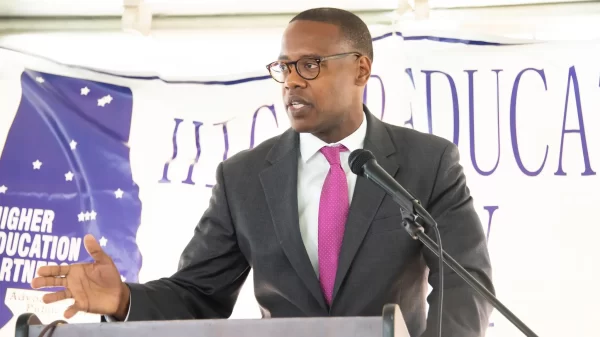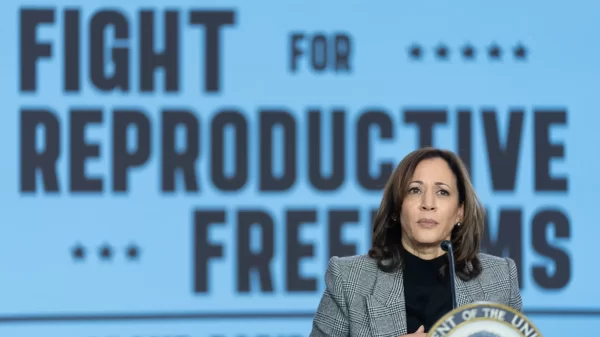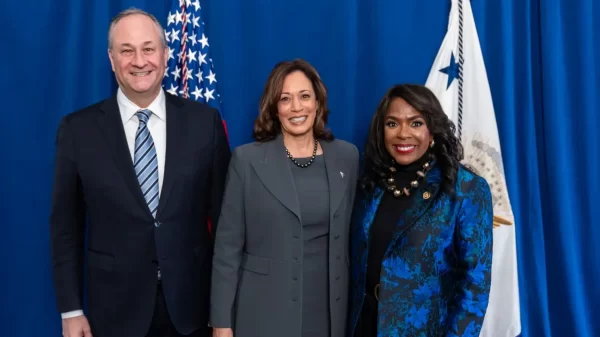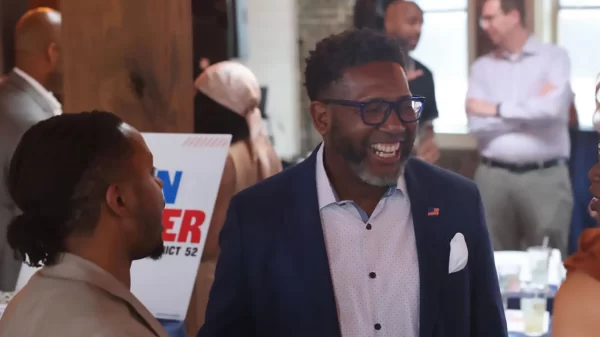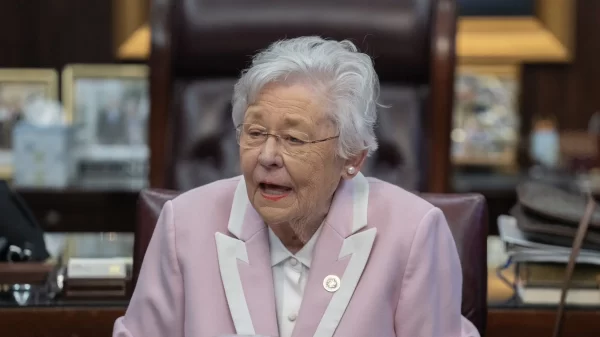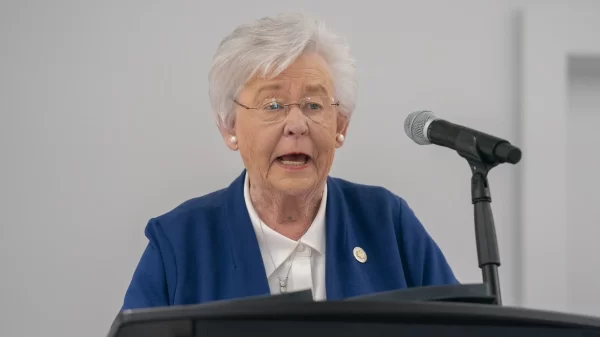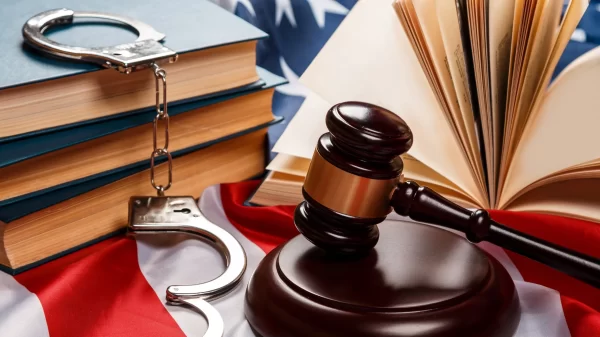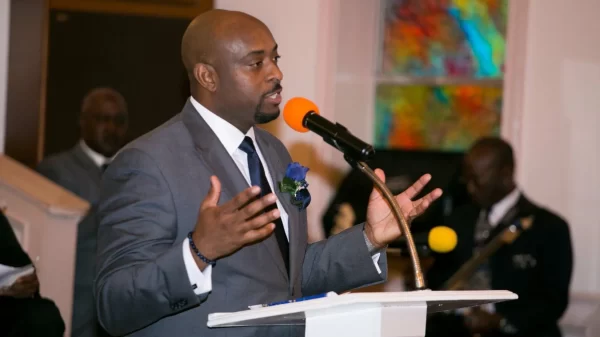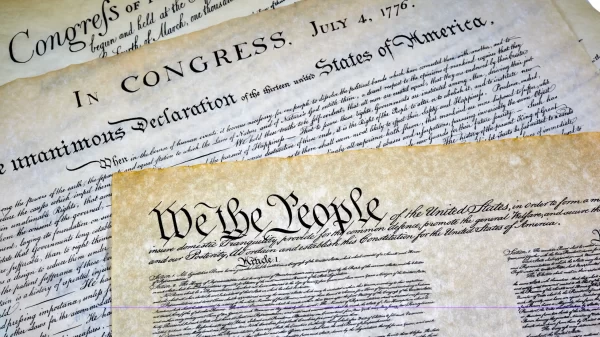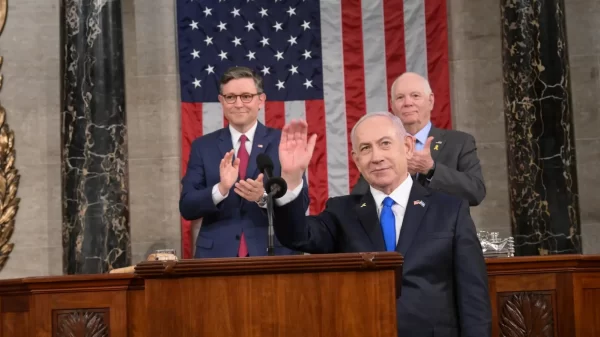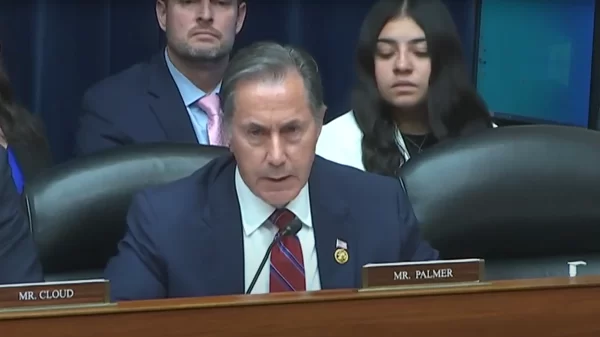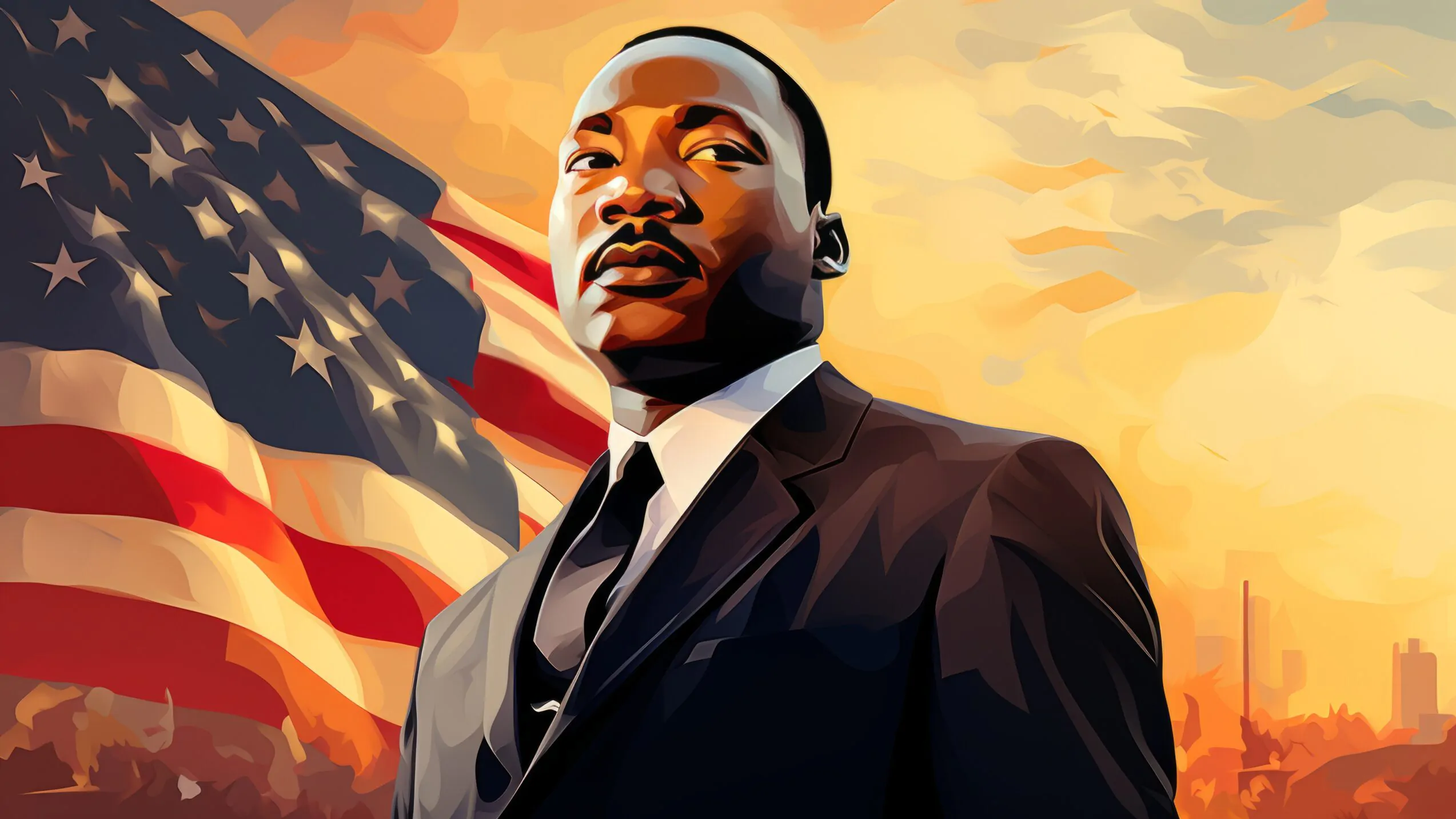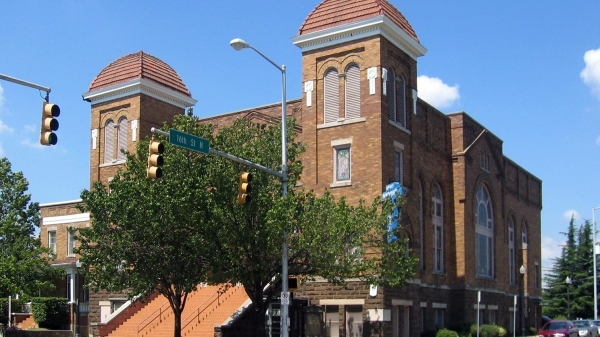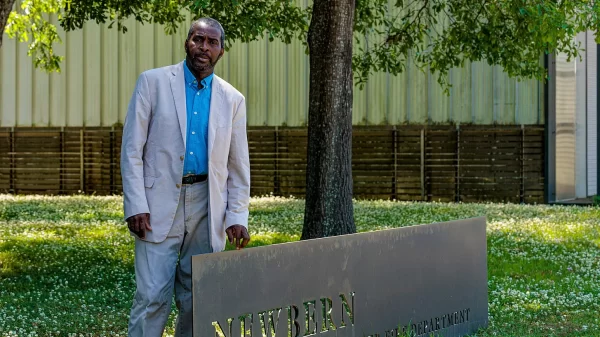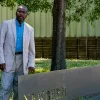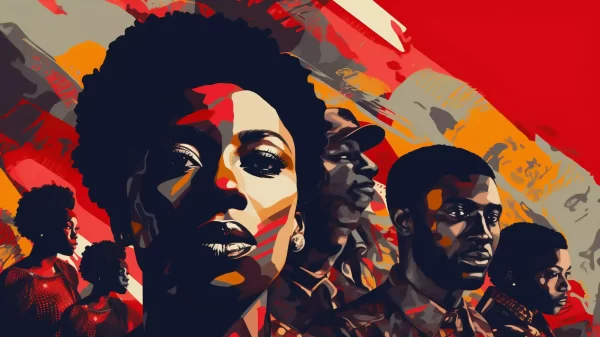|
Getting your Trinity Audio player ready...
|
Today, as our nation commemorates Dr. Martin Luther King Jr., we find ourselves once again at a crossroads in Alabama, a state rich in history but also deeply entwined with the struggle for racial equality.
This day of remembrance is shadowed by the actions of red-state political leaders who seek to erase vital parts of our history, specifically those pertaining to Black Americans. Their attempts to ban books on Black history in public libraries, and to halt the teaching of Black history in schools, from grade school to college, represent a distressing effort to whitewash the sins of slavery and deny the existence of a painful yet pivotal part of our past.
This regressive mindset is not limited to racial issues but extends to gender, identity, and LGBTQ concerns, often used as a pretext for the same old motives of control and oppression against “the others.” Such actions not only disrespect the struggles of the past but also threaten the progress we’ve made toward a more inclusive society. While we live in a country that has equal rights, it doesn’t mean that all rights are equal.
On MLK Jr. Day, it’s crucial to revisit the legacy of the nonviolent movement that Dr. King championed. His commitment to peace and justice was exemplified during a critical moment in the Montgomery Bus Boycott.
On Jan. 30, 1956, Dr. King’s home was firebombed, endangering his wife, Coretta Scott King, and their infant daughter, Yolanda. Miraculously, they were unharmed. That evening, armed and enraged Black men gathered outside his home, ready to retaliate. Dr. King, advocating for peace, urged them to put away their weapons and disperse peacefully, embodying the philosophy of nonviolence even in the face of a personal attack.
This event marked a pivotal moment in the civil rights movement, setting a tone of nonviolent resistance. Civil disobedience, as practiced by Dr. King and his followers, was not about anarchy or the arbitrary breaking of laws. It was a strategic, symbolic opposition to unjust laws, grounded in the appeal to a higher moral principle. It was about challenging an immoral system while upholding a commitment to peace and justice.
The nonviolent movement saw several significant actions, like the Montgomery Bus Boycott sparked by Rosa Parks’ refusal to give up her bus seat, the sit-ins at segregated lunch counters, the Freedom Rides challenging segregation in interstate travel, and the Birmingham campaign against segregation, where peaceful protesters met with violence. The March on Washington and the Mississippi Freedom Summer focused on voting rights, culminating in the Selma marches, a stark reminder of the pervasive racial injustice.
Perhaps one of the most impactful moments was the Children’s Crusade in Birmingham, where school children faced police brutality, sparking national outrage and turning the tide of public opinion.
The National Civil Rights Museum eloquently encapsulates Dr. King’s legacy: “The legacy of Dr. Martin Luther King Jr. encompasses influential decisions, monumental actions, and steadfast progressions of humanitarian rights that reach far beyond the civil rights movement.”
In the sturdy fabric of our nation’s history, woven with the threads of equality and justice, there remains a persistent disconnect between the ideal and the real. Our country, proudly founded on the principle of equal rights for all, has witnessed a tumultuous journey in the actual adherence and respect of these rights. This chasm between principle and practice is a present and pressing concern. Recent legislative maneuvers aimed at marginalizing certain groups while bolstering others serve as a stark reminder that the battle for justice is far from over.
On the Edmund Pettus Bridge — the site of bloodshed and bravery during the Selma to Montgomery marches — is a memorial plaque immortalizing one of Dr. King’s most famous assertions: “The arc of the moral universe is long, but it bends toward justice.”
These words are more than mere rhetoric; they embody the eternal hope of oppressed people everywhere. They assert that, despite the long and arduous journey, the pursuit of equality and justice, fueled by perseverance and courage, will ultimately prevail.
This pursuit, however, is not solely the responsibility of iconic leaders and monumental movements; it is in the everyday commitment of every man and woman that gives it power.
As we navigate these challenging times, let us draw inspiration from the past while being acutely aware of our role in the present. The fight for justice is not a relic of history but an ongoing struggle that demands our active participation.
In this quest, each of us is called upon to contribute, in our own way, to the bending of the moral universe toward justice. It is through our collective efforts that we can hope to realize a world where the principles of equality and justice are not just lofty ideals, but living realities for all.

